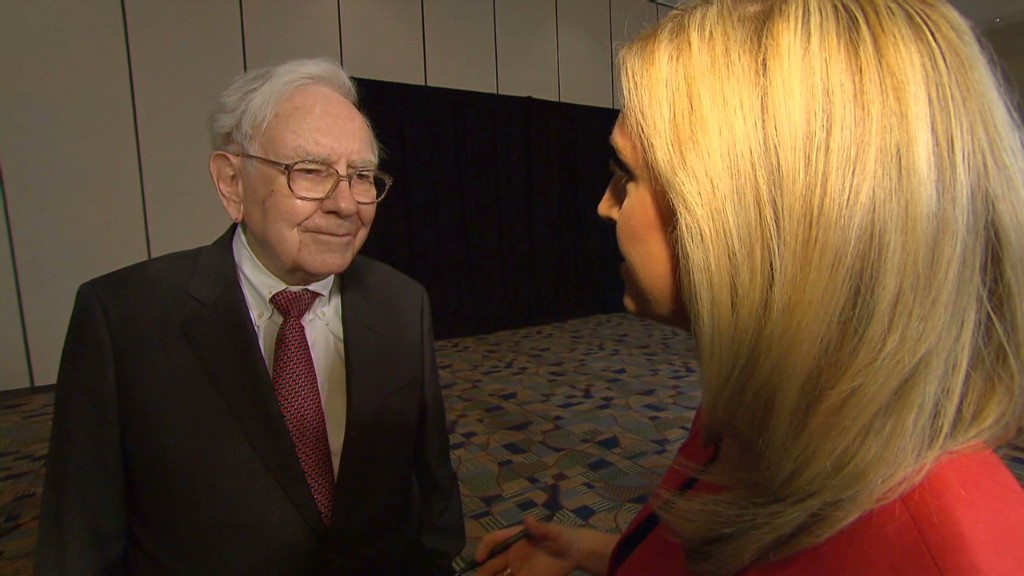
When we think of Fortune 500 CEOs, we imagine the companies' most highly paid employees. But in a few cases, CEOs are actually the worst-paid people on staff.
Tesla (TSLA) announced Thursday that CEO Elon Musk took home $0 last year. No cash. No stock. (Technically, Tesla offered him a minimum wage salary of $35,360, but Musk never cashed the checks.)
Musk is in very exclusive company. Whole Foods' (WFM) John Mackey, Google's (GOOGL) Larry Page and Sergey Brin, Facebook's (FB) Mark Zuckerberg, National Instruments' (NATI) James Truchard and Kinder Morgan's (KMI) Richard Kinder all took home exactly $1 last year.
That's assuming they actually cashed their $1 checks. When he was mayor of New York, Michael Bloomberg made a point not to cash his $1 checks. (Actually, they were for 93 cents after Social Security and Medicare payments were taken out).
The $1 salaries became a popular statement for the country's top government officials and some CEOs to make during World War I and World War II. They took the nominal $1 salary instead of $0, because it's illegal to volunteer services for the government unless in a time of emergency.
Today, there are more than a dozen CEOs who make a salary of just $1 a year. But the vast majority are also paid in stock options and grants.
For example, former Oracle CEO Larry Ellison took home just a $1 salary, but he was routinely the highest-paid CEO in the world. In 2013, he earned $65.7 million (plus one dollar). Activist investor Carl Icahn, Sears CEO Eddie Lampert and HP CEO Meg Whitman were among some of the other handsomely paid $1 CEOs last year.
Some CEOs opt to take payment in stock rather than salary to make a symbolic gesture: their pay is tied to the performance of the company.
That's why American Airlines (AAL) CEO Doug Parker announced Thursday that he would no longer accept a salary.
"I believe this is the right way for my compensation to be set -- at risk, based entirely on the results achieved, and in the same currency that our shareholders receive," he said in a letter to employees.
Taking a $1 salary also means CEOs pay lower taxes. Income over $413,200 is taxed at 39.6% (the highest federal tax bracket), but capital gains taxes are just 20%. That's why billionaire Warren Buffett made a big stink a few years ago about paying a lower tax rate than his secretary.
A common thread that binds the true $1 CEOs is that they are also millionaire or billionaire founders of their companies who hold a tremendous amount of stock in their businesses. Their fortunes are also tied to the company's performance -- but they already have so much skin in the game that they can afford not to take any additional payment at all. They already made their millions or billions from their companies' public stock offerings.
Mark Zuckerberg, for instance, owns or controls nearly 62% of Facebook shares' votes. Brin and Page collectively control 55.7% of votes for Google's shares. Adding more shares would only pad their portfolios somewhat -- not their influence or dependence on the company's growth.
The one notable exception was former Apple (AAPL) CEO Steve Jobs. He owned 5.5 million shares of Apple at the time of his death in 2011 -- just a half percent of Apple's outstanding shares. Yet he took a $1 salary with no bonus or stock grants.

